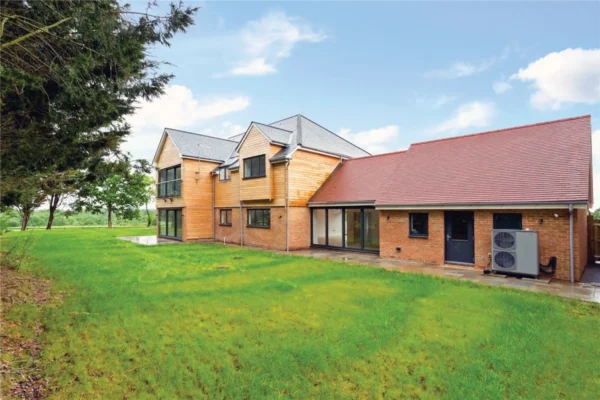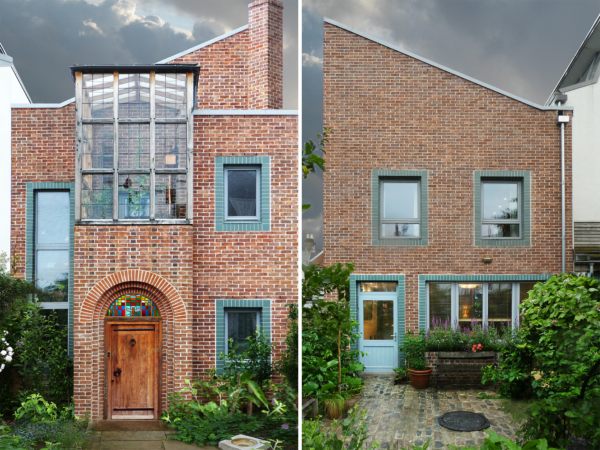Understanding Building Control and Warranties
When you’re creating a bespoke home, you’ll have an idea in mind of the kind of quality of home you want to live in. The trouble is, sometimes it’s difficult to frame exactly what those expectations are.
Just because the local building control body has signed off your scheme, for instance, doesn’t mean it’s good quality. Effectively, all this tells you is that it’s ticked the compliance boxes relating to Building Regulations.
So can’t I rely on building control?
Time and again, I’ve met self builders who believe building control should encompass a project management (PM) function and therefore have some influence on the finished quality of their projects.
Alas, this simply isn’t the case. You can and do get very poor-quality buildings, but they still comply with what’s required as far as the regulations are concerned. Remember, all your building control completion certificate says is that “so far as can be reasonably ascertained, the building complies with…”
There are various ways you can mitigate the shortcomings of the process. One is to engage a carefully-selected private firm to carry out your building control inspections. If this is combined with a structural warranty package, the surveyor will look at the overall quality of the build as well, given insurers are taking on the risk for 10 years after the house is constructed.
Approved inspectors have to be part of the government-recognised Construction Industry Council scheme for building control. But they may not always be the best person to conduct technical audits for warranty purposes.
If you’re working with Self-Build Zone, we might agree it makes more sense to use a surveyor, engineer or architect for this. Generally, if one of our building professionals notices a project they’re dealing with is of very poor quality, they’ll advise us and we can help to initiate changes straight away.
Audits & quality checks
People are starting to realise what can be achieved with structural warranties. They’re no longer just thinking of this as a distress purchase because their lender has told them they need to have one!
A warranty’s technical audit surveys can add real value and give you greater peace of mind. That’s partly because you’ll have another level of sympathetic risk management in the mix, working with you and on behalf of the insurers (who have a vested interest in things going well).
What’s more, the professionals who carry out technical audits can be held accountable for their own errors and omissions. By contrast, building control aren’t even obliged to turn up on site at the agreed phases, let alone get out of their car, take an interest or have a look around. And if they miss something that doesn’t conform with the regs, you can’t pursue them.
Minimising defects
A lot of problems can be reduced or avoided if you add a dedicated project manager to your team, alongside the technical audit regime. They should be available to attend site more regularly than you, given this is their day job, and can control the actual works on site to make sure they’re delivered on time and on budget – and hopefully at the quality you’re expecting.
Accountability is vital if you’re going to be able to call trades, contractors, designers etc to task when things go wrong. So do your research on anyone you’re considering employing on your project, and be sure to sign them up to good contracts. Properly constructed ones, from the likes of ContractStore, will include clauses for alterations and changes to the agreed works (of which there are usually plenty!).
During the build, it’s always best – and will save you money in the long run – if you get your workers to correct or repair problems as they occur. Leave things until later and you can run into knock-on problems. If you take the cheapest route to getting past the finishing line, then you’ll end up with a very different result; and possibly even more costs to put things right.
At the end of every build, there’s a snagging process (usually carried out after the works have been signed off as regs compliant). Water ingress is probably the biggest issue with new builds, so I’d always recommend having a waterproof snagging survey done prior to final completion.
The building has to be inspected at this point anyway, so it makes sense for surveyors to check for any weaknesses in the waterproof envelope at the same time.
A 10-year structural warranty is still worth buying even if there is no lender involved. It’s certainly far better than relying on just an architect’s certification (which only covers for
six years and relies on proving negligence, therefore it will not cover you for any defective workmanship). Some lenders have only just realised this and will not accept it anymore.
So try not to be bamboozled into it because it seems cheaper.
Paul Kempton is managing director of Self-Build Zone and Build-Zone Survey Services. The company provides site insurance and structural warranties, offering full risk cover for self builds, renovations, conversion and extensions. Visit Self Build Zone for more details.







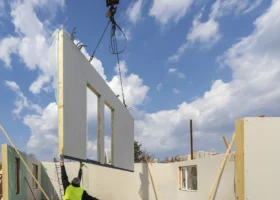









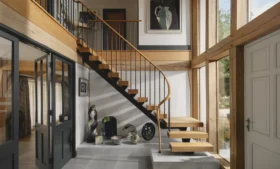


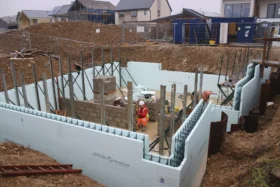




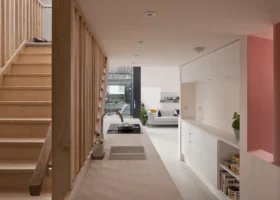








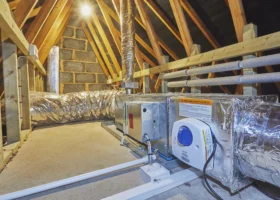
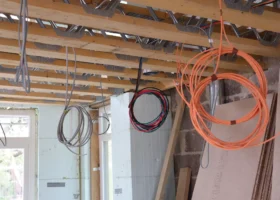


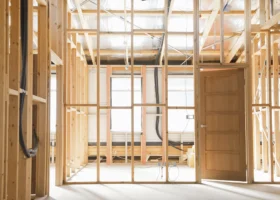
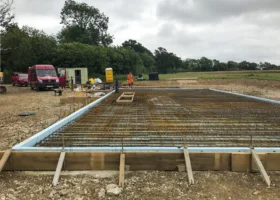






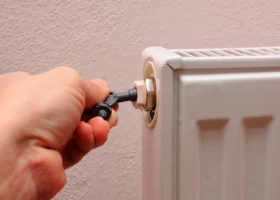


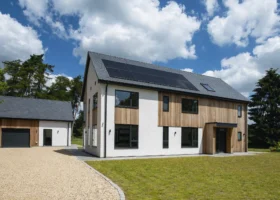

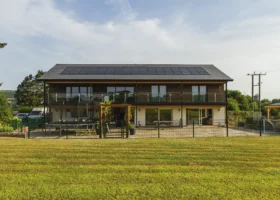








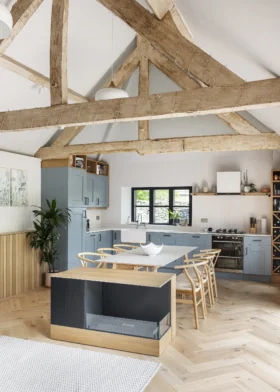
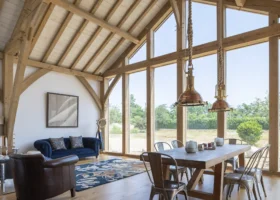


















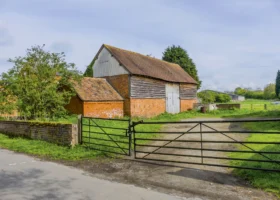


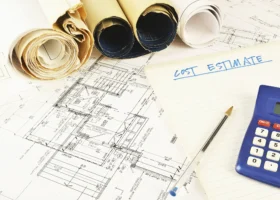











 Login/register to save Article for later
Login/register to save Article for later





